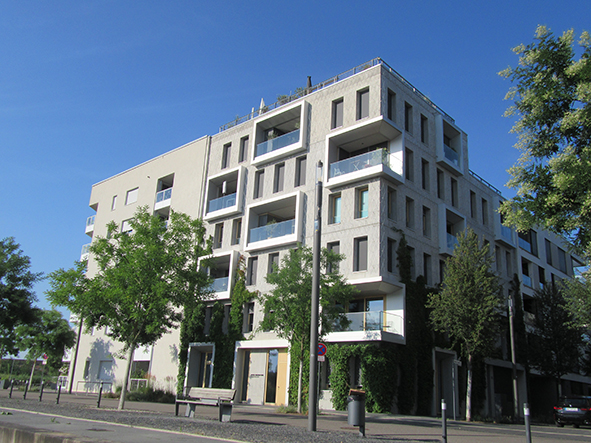
The course is offered in combination with Regional Planning II (IREUS)
Urban Planning II / UPPSUM II
Cities and their sustainable and equitable development require careful and holistic responses to complex problems. Policymakers and practitioners, while drawing on scientific findings, need to navigate specific contexts that restrict their scope for action in various ways. Translating knowledge into pragmatic interventions that work in particular situations and places in the real-world, in other words, requires expertise and skills over and above scientific knowledge itself. It requires an eye for what is possible in any given context and the ability to investigate this context, and its interference with intervention objectives and interaction with the wider environment it is embedded in. It also requires the skills to engage with and mobilise the context towards the planned end so as to integrate the intervention in its existing environment.
This module will look at the process of translating ideas and concepts into pragmatic, sustainable, and just responses to urban problems. It will provide students with an overview of methods and tools to investigate urban contexts and evaluate interventions.
Furthermore, it will introduce tools that policymakers and practitioners can use to evaluate interventions in terms of sustainability and justice. The module will ask students to develop a critical perspective on a selection of flagship development projects in Stuttgart and surroundings to help students develop an understanding of the complexities of planning issues. Students will analyse and critically reflect on the approaches to sustainability and justice adopted in these cases. Subsequently, students will be asked to propose recommendations, alternative strategies, or new interventions to improve sustainability and justice outcomes.
First meeting: Wednesday, 09.04.2025
The course is offered in combination with Regional Planning II (IREUS, Prof. Dr. Jörn Birkmann).


